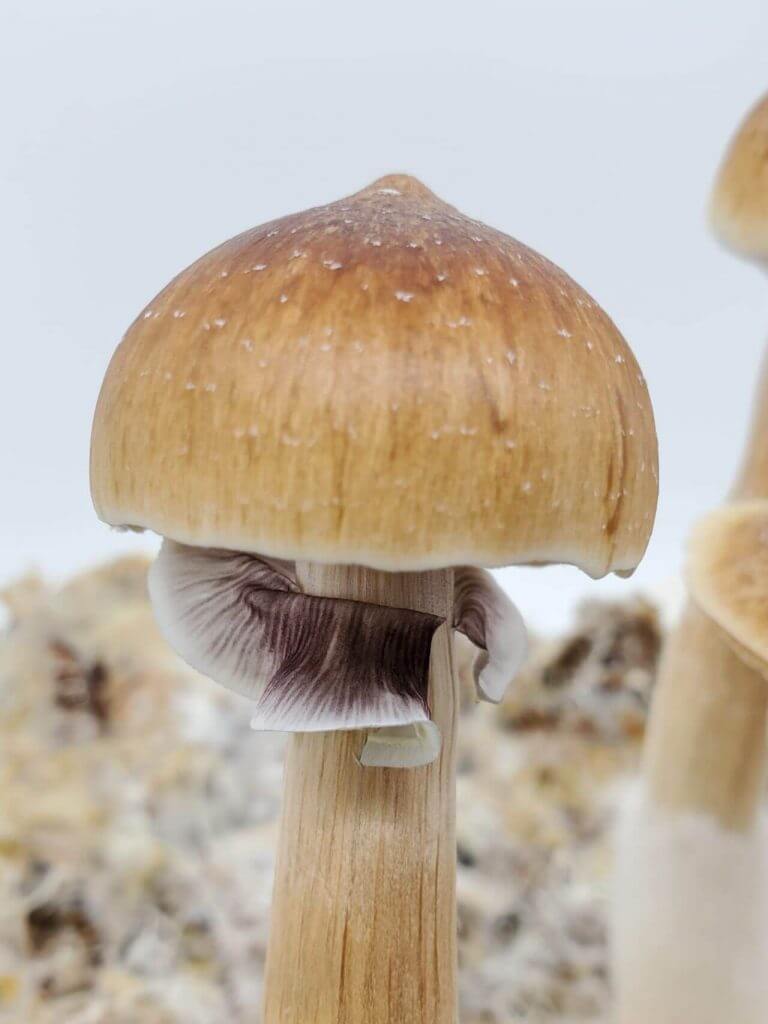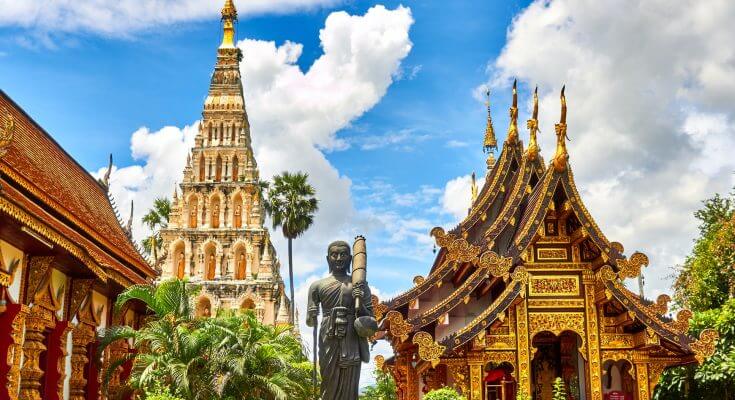The Thai Narcotics Control Board has announced that it will develop medicine made from psilocybin-containing “magic” mushrooms in order to help treat depression in the country.
Justice Minister, Somsak Thepsuthin, told the media earlier this week that the Narcotics Control Board will be teaming up with Khon Kaen University to study the medical benefits of psilocybin mushrooms.
In 2018, Thailand became the first Southeast Asian country to legalise cannabis for medical use. In June this year, the entire plant was decriminalised, leading to widespread recreational use.
Magic mushrooms in Thailand
The use of magic mushrooms in Thailand is nothing new. It’s reportedly popular among the younger generation and anyone who has been backpacking in the region will know that “magic” pizzas and smoothies are often advertised in tourist hotspots.
However, magic mushrooms are currently classed as a Category 5 narcotic, meaning those caught growing or selling them could face up to 15 years in jail and a fine of up to 1.5 million baht.
For possession, one could face a penalty of up to one year in jail, a fine of up to 20,000 baht, or both.
Psilocybin potential

When speaking to the press, Somsak Thepsuthin explained how a number of other countries are looking at psilocybin for its medical benefits, highlighting its potential in treating cluster headaches, anxiety, anorexia, obsessive-compulsive disorder, as well as addiction and depression.
He pointed to large pharmaceutical companies in the US and UK that have already registered a patent with the World Medical Association to conduct more research on psilocybin, insisting that Thailand companies will soon join them.
According to the minister, the psilocybin-producing fungi will be grown in Khon Kaen, about 450 kilometres north-northeast of Bangkok, but universities all over the country i’ll be invited to participate in the research.
Economic boost
If the studies prove fruitful for therapeutic applications, magic mushrooms will be removed from the Narcotics Category 5, paving the way for economic innovation and providing Thai people with jobs, Somsak said.
He went to speculate that magic mushrooms could fetch 500 baht per kilogram fresh, and 5,000 baht per kilogram dry.
He did however go on to warn that magic mushrooms are still illegal and that they still pose a risk to health – despite magic mushrooms actually being one of the safest recreational drugs.




